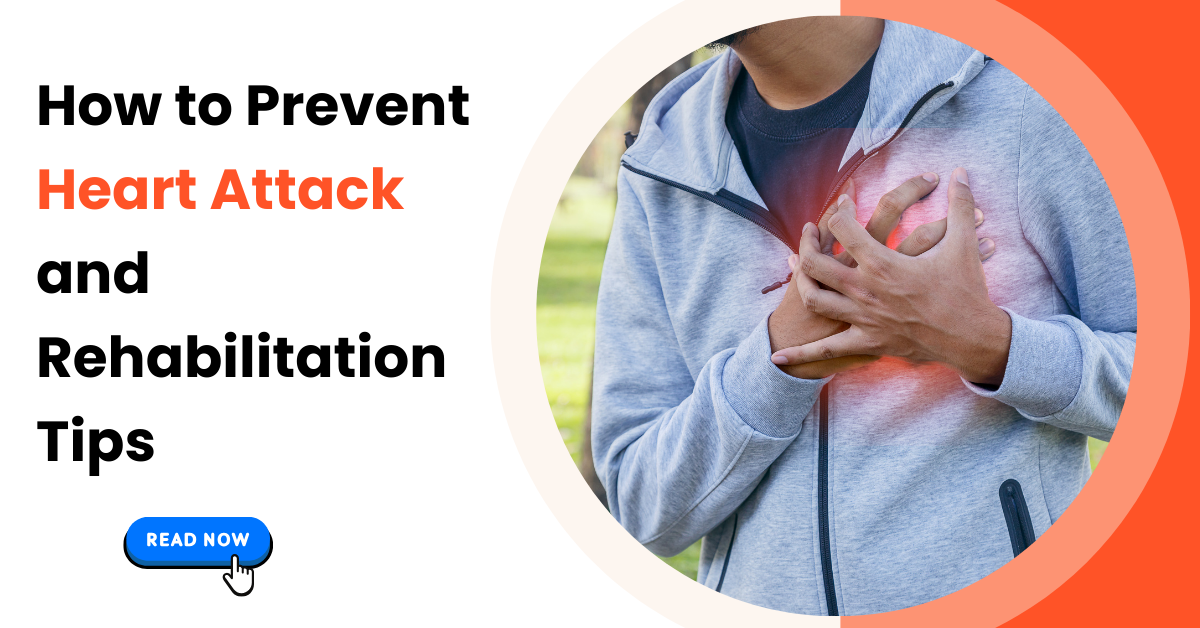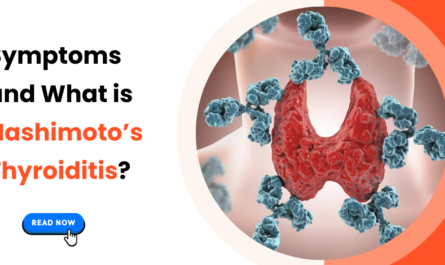When you are at a risk of heart attack, you can make several lifestyle changes that will help you to reduce the likelihood of contracting heart ailments in general. These changes will improve your heart health as well as overall health. Therefore, it is noteworthy to abide by the following healthy lifestyle activities that will help you to answer your question of how to prevent heart attack. The below mentioned healthy lifestyle activities answer your question of how to prevent heart attack. And, the below mentioned activities are followed religiously can not only reduce the likelihood of occurrence of a heart attack but can also help you recover from a heart attack faster.

sick man suffering from heart attack
- Do not smoke
- Avoid passive smoke
- Check your blood pressure and cholesterol levels periodically
- Get regular medical checkups
- Exercise on a daily basis
- Maintain a healthy weight
- Eat a heart-healthy diet
- Manage diabetes
- Control stress
- If you drink alcohol, do so in moderation
How to Prevent Heart Attack the Second Time in the future?
After undergoing a heart attack once, the probability of a second one increases. Therefore, the question that arises is how to prevent heart attack the second time? For the same, it’s important to understand why the first heart attack likely occurred. And, always remember, heart attacks cause an irreversible death of the heart muscle. Therefore, the lesser the number of heart attacks, the greater the chances of recovering from it. Thus, once you have suffered a heart attack preventing a second one is very important.
What is the Role of Cardiac Rehabilitation in Heart Attack Prevention?
Cardiac Rehabilitation can play a vital role in how to prevent heart attack. Cardiac Rehab is a medically supervised program that would be recommended by a doctor which would help you recover from a heart attack. This practice can also help prevent another heart attack. The cardiac rehab team consists of a heart specialist i.e. cardiologist, nurses, exercise specialists, physical and occupational therapists, nutritionists, and psychologists.



